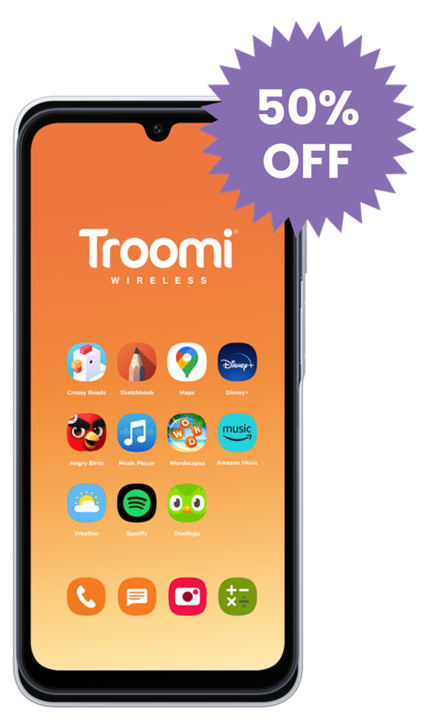As parents, we always strive to keep our children safe and protected from any harm. However, it can be challenging to monitor and regulate our kids’ online activity in this digital age. But thanks to the DOVE Kids Online Safety Act, there’s now a solution in place that will help parents ensure their children’s online security. In this article, we will explore what the DOVE Kids Online Safety Act is all about, the benefits and limitations it has, and how parents can use it to keep their kids safe in today’s digital world.
What is the DOVE Kids Online Safety Act?
The DOVE Kids Online Safety Act is a United States law that helps ensure that children are safe while using the Internet. The bill was introduced in 2018 by Senator Ed Markey and was later signed into law by President Trump. It aims to establish a task force that will examine current child online safety policies and recommend ways to improve them.
Benefits of the DOVE Kids Online Safety Act
The DOVE Kids Online Safety Act is a significant win for parents because it has several benefits, such as:
It establishes new rules on data privacy
The law requires online companies to set rules about data privacy and security protocols related to children’s sensitive information. This means that businesses such as YouTube, Facebook, and Google will be legally required to comply with specific guidelines that prioritize children’s privacy.
It promotes cyberbullying prevention awareness
The task force will recommend ways to raise public awareness about cyberbullying. This can lead to more training for parents, educators, and law enforcement officials, as well as a more in-depth understanding of how to handle cyberbullying incidents.
It emphasizes responsible tech usage
The DOVE Kids Online Safety Act encourages tech companies and researchers to develop technology that keeps children’s safety in mind. This can lead to a range of new technologies designed to protect children, including browser extensions, software, and mobile apps.
Limitations of the DOVE Kids Online Safety Act
While the DOVE Kids Online Safety Act has several benefits, it also has a few limitations, such as:
Its enforcement depends on the tech industry’s willingness to comply
The bill does not provide penalties for non-compliance. Therefore, tech companies might not take it seriously or may not take any measures to comply with the guidelines set forth in the law.
It does not cover older kids or teenagers
The DOVE Kids Online Safety Act primarily focuses on protecting children under the age of 13. However, older children and teenagers are also vulnerable to online threats, given the increasing amount of time they spend online. Unfortunately, this bill does not address the protection of these age groups.
It could lead to policies that limit free speech
The law might encourage the creation of policies that limit free speech, beyond what is necessary to protect children online. This could lead to unintended consequences, such as censorship of content that can be seen as harmful to children.
Conclusion
The DOVE Kids Online Safety Act is a positive stride for children’s online safety, but it isn’t a comprehensive solution. Parents must actively monitor their kids’ online activities, educate them about safety and privacy, and critically evaluate the tech companies they engage with. While companies should follow the Act’s guidelines, it’s essential to recognize their data-centric business models. Continued advocacy for legislation is crucial to enhance children’s digital protection. In this way, we can ensure our children navigate the online world with safety and confidence. In parallel, Troomi is committed to creating a secure and controlled digital space, prioritizing the well-being of the younger generation in the digital age.
Interested in learning more? Click here.


